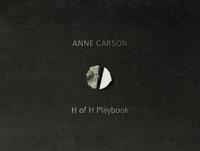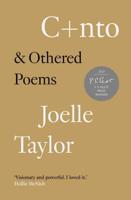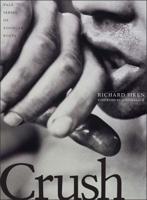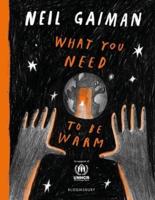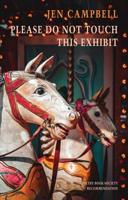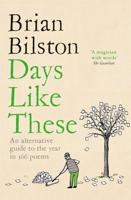Publisher's Synopsis
What Body? You still believe the body is a temple for the spirit? Then read Thomas Ramey Watson and be delighted and appalled with him! The Necessity of Symbols plays again and again on the sacredness of the body-the body in love, the body in ecstasy of spirit and memory, even the body of Christ in communion. Like the forgotten troubadours, the poet gives a credible poetic ground that loving the beloved's body is close to loving God, or at least appreciating the universe. "Knot Intrinsicate" celebrates a woman's power: I am seventeen- you, soft-voiced Guenevere. But a Russian doll, you held inside Mary, hawk of Catholicism, and Cleopatra, salad of the crescent world: eaten-undone-whole again. In a long poem that summarizes loss of job, loss of wife, loss of environment (Colorado), the poet holds psalms and songs in memory step by step of the way, shoring up the many threats to his spiritual life ("A Book of Hours"): My mind stayed on echoes: whether one eats God's words, or wakes within them- does upheaval always follow? In the poem, "Holy Communion," the poet does not scruple to equate the host with two lovers, who, as the poem progresses are separated, however, with the finite limits between them implicitly contrasted to God's infinite love: "Broken from you, / I am set on a shelf." However, the lover remains an inspiration: Rising past the fragrance of ankles and thighs, lingering on chest and neck, to pause on tiny moles like cinnamon sprinkled about your mouth that explored with words, and tongue, and smile, then to those eyes, brown as buttered crust on fresh-baked bread; still I hear your voice, yeasty, low. These are fine points of a book with a broad sweep-poems about family, poems contrasting the poet's native Denver with the signal cultural meccas of Europe, poems most often of joy. The range is admirable and the poems intricate and dedicated to spiritual growth, with creation the touchstone where reality is tested and embodied.




